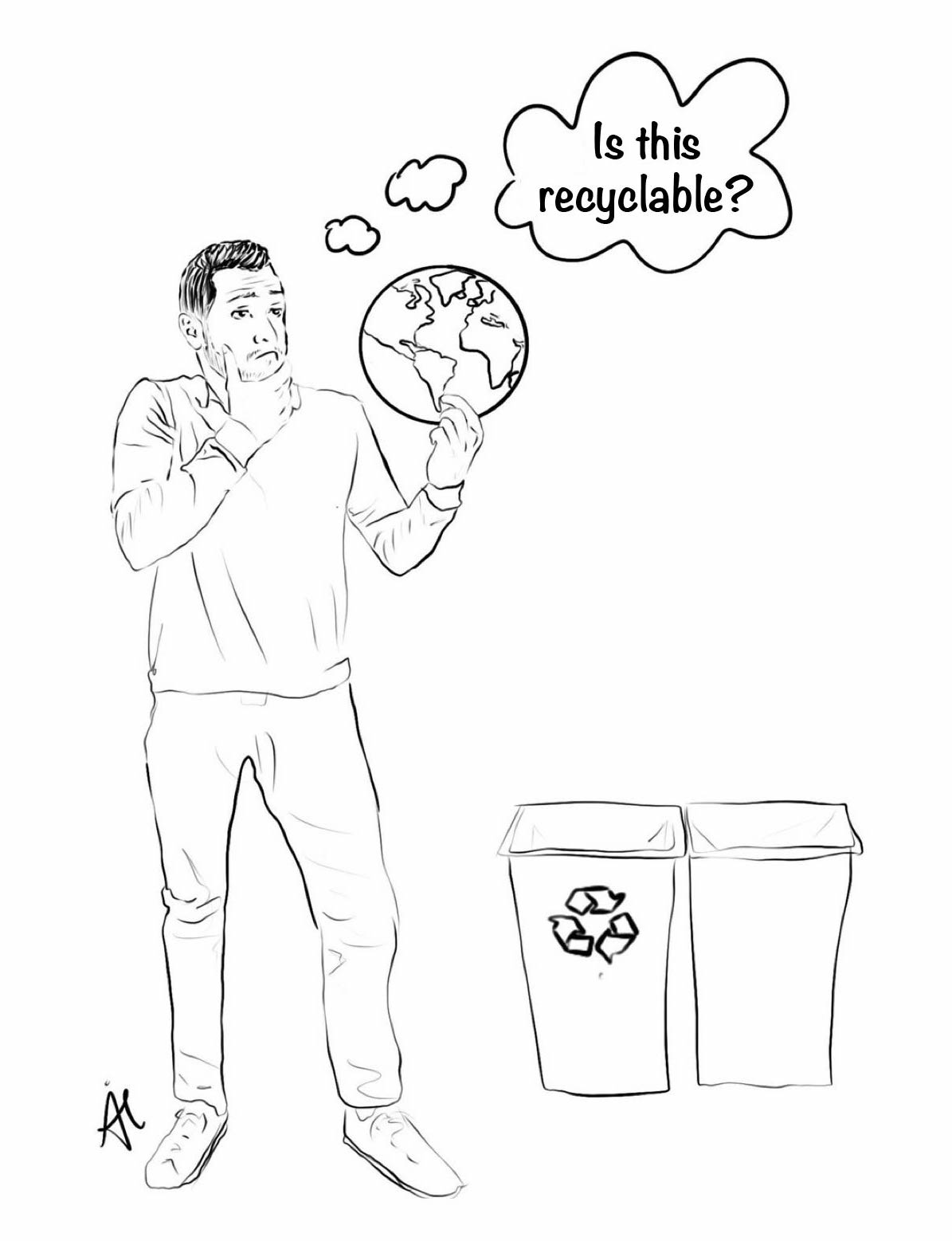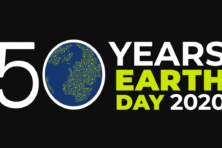PERSPECTIVE: Earth Day Wasn’t Enough
- Share
- Tweet
- Pin
- Share
-

Illustration by Adela Tesnow.
Just a few weeks after the 50th celebration of Earth Day, we have to ask ourselves, what are we supposed to be celebrating?
Is it our accomplishments since that first Earth Day in 1970? Fifty years later, are we any better off?
There are, in fact, plenty of environmental accomplishments that this country’s citizens can be proud of. Within five years of the first Earth Day, Congress had created some of the most consequential environmental legislation to date: the establishment of the Environmental Protection Agency (1970), the Clean Air Act (1970), the Clean Water Act (1972), the Marine Mammal Protection Act (1972) and the Safe Drinking Water Act (1974). Since then, many other pieces of forward-looking legislation have been passed.
Although these efforts should not be overlooked, we need to admit that they have not been nearly enough. Our current state doesn’t begin to compare to the promise the future held 50 years ago.
Let’s look at what’s happened on behalf of our species since that first Earth Day.
According to The Guardian, 60 percent of all mammals, birds, fish and reptiles are gone. Of all the mammals that are left, 96 percent are either humans or our livestock.
According to the World Wildlife Fund, at least 10,000 species go extinct every year.
Within the last 150 years, this planet has lost nearly half of its topsoil, which is the source of 95 percent of our food. According to Maria-Helena Semedo of the UN’s Food and Agriculture Organization, if we continue to degrade the soil at the rate we are now, the world could run out of topsoil in about 60 years. It takes 1,000 years for the Earth to regenerate just three centimeters of topsoil.
Of the 34 main aquifer systems around the world, 21 of them are at near-collapse. In 2018, we lost 1.2 billion acres of rainforest.
Climate scientist James Hansen, who created the climate-advocacy organization 350.org, warned in 2009 that any amount of CO2 above 350 parts per million (ppm) would result in a dangerous amount of warming, and that it’s practically impossible to lower the amount. We passed 350 ppm years ago, and we’re now at 415.
Anyone who has struggled with addiction will tell you that the first step to fostering any sort of change is admitting that something is wrong. The reality is that 50 years after Earth Day, this planet is exponentially further from being more sustainable. Our efforts have not worked. And it’s much too late to use wind and solar energy to get ourselves out of this.
For years, this planet has been trying to tell us that there are too many people using too many resources, and the effects will not be nominal. The nation’s top climate scientists have repeatedly said that the coronavirus pandemic is a mere preview of what is to come regarding this planet’s sustainability.
“We have been living in a bubble – a bubble of false comfort and denial,” George Monbiot wrote recently in The Guardian. “Living behind screens, passing between capsules – our houses, cars, offices and shopping malls – we persuaded ourselves that contingency had retreated, that we had reached the point all civilisations seek: insulation from natural hazards.”
If COVID-19 has taught us anything, it’s that nature can completely change our lives in a moment, and sometimes we won’t be able to do anything about it.
So what do we do about it?
We are far past the point where separating our recyclables correctly will have any effect at all. The only thing that will save humans as a species will be to eliminate the greed and profit motives of corporations that are benefiting from our planetary emergency. If those at the economic top win this battle of limited duration, then we’ll all lose.
It seems like common sense that our Earth and the resources it provides should not be owned by any profit-making company. What’s in our lakes, rivers, soil and air belongs to all of us, not a few of them.
The first environmental groups promised a bright future for the next generations. They gave us hope. Now we need to keep doing all that we can to fulfill that promise.


